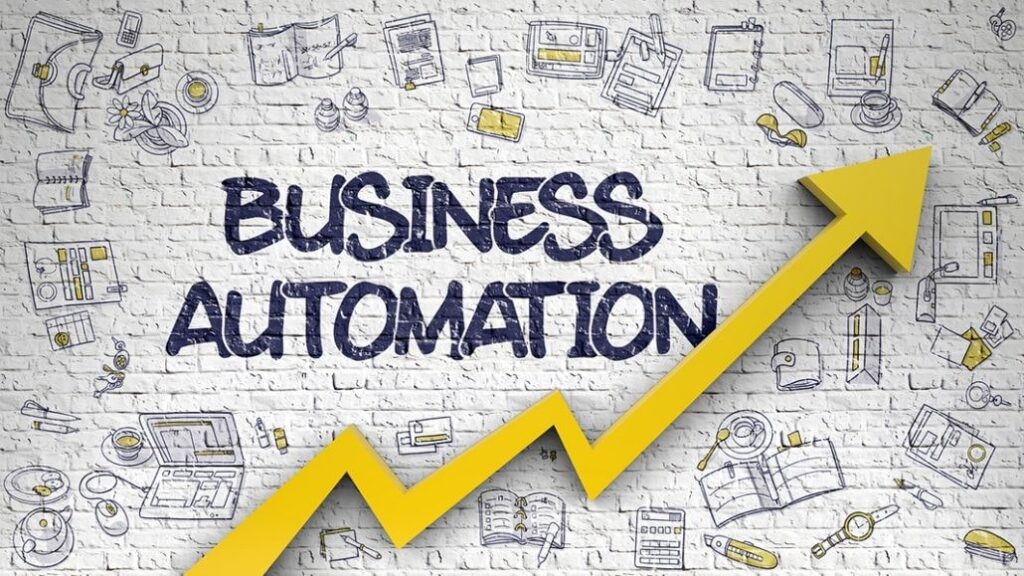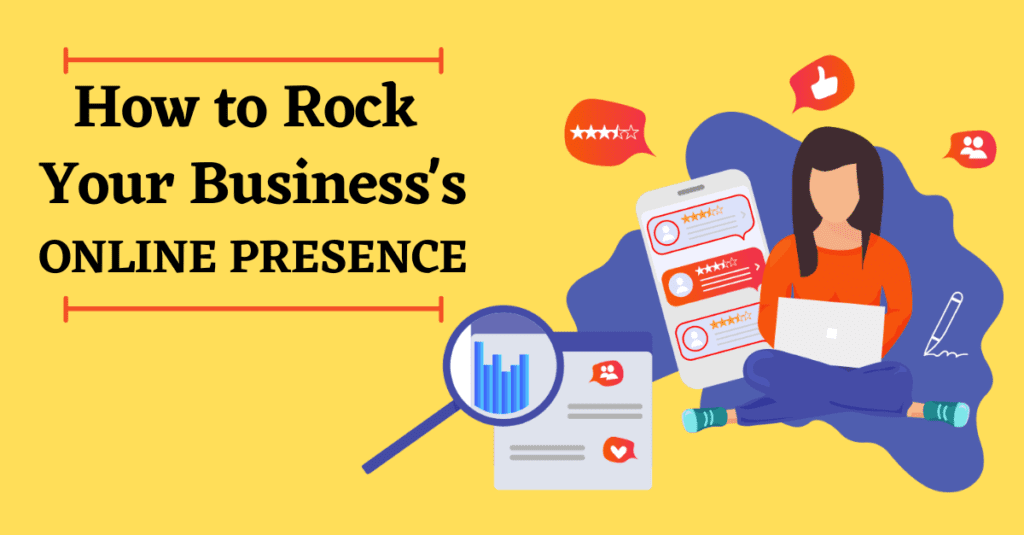Search engines are not new, they have been around in different forms since the beginning of time. People, books, even the world around us, is one big search engine. When you think about it, there is one thing a search engine is designed for, questions. If you were to search something in Google right now. Google would return links to websites, review sites, maps of businesses, and advertising. Google might have given answers, but never the answer. If a site had a higher ranking, it may be more relevant, due to the placement on Google’s search results, but it was still up to the user to accept it. In most recent years, I have noticed that Google gives more direct answers than ever before.
For example:
- Define Virtual
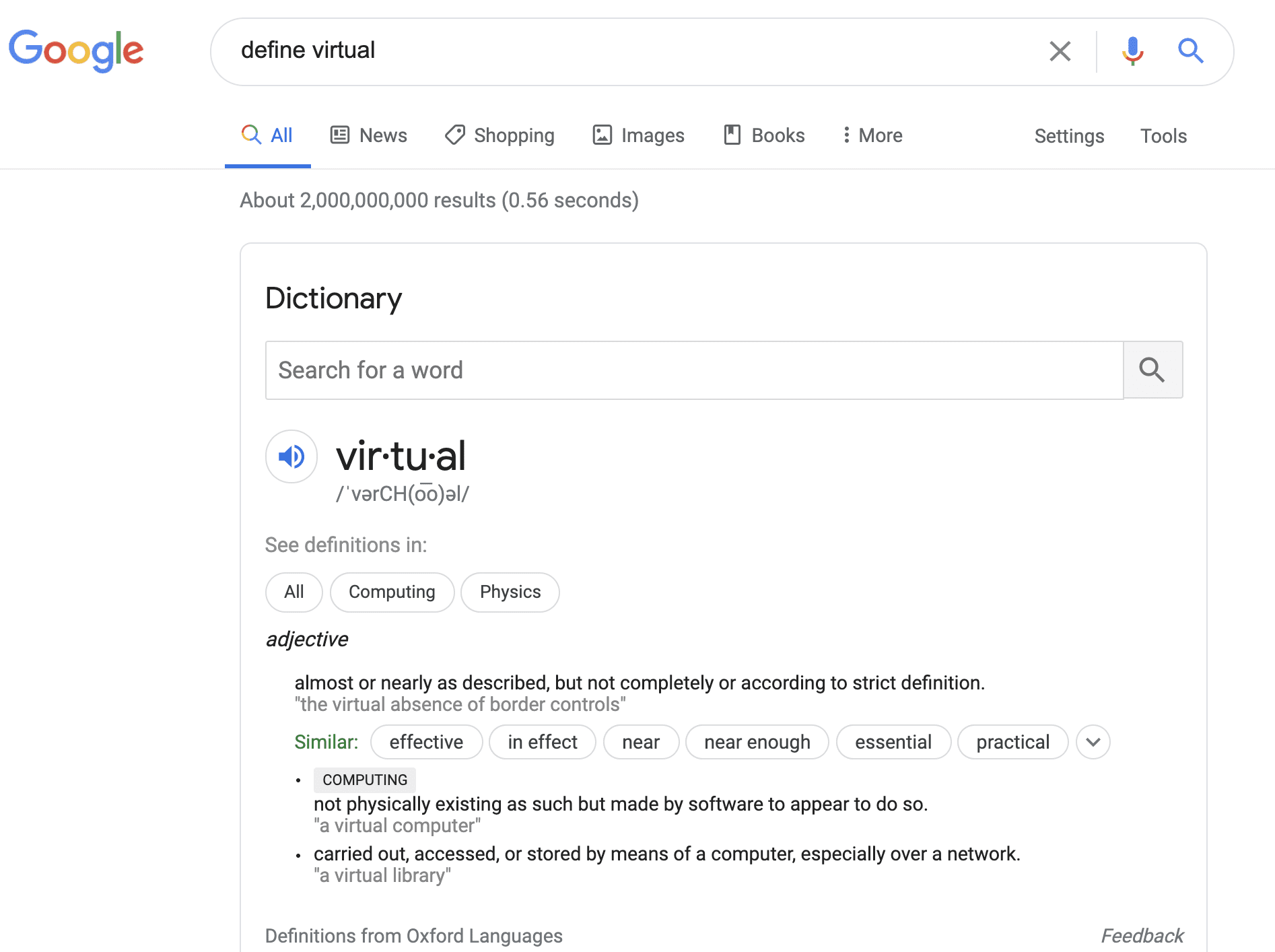
2. Who is the tallest man
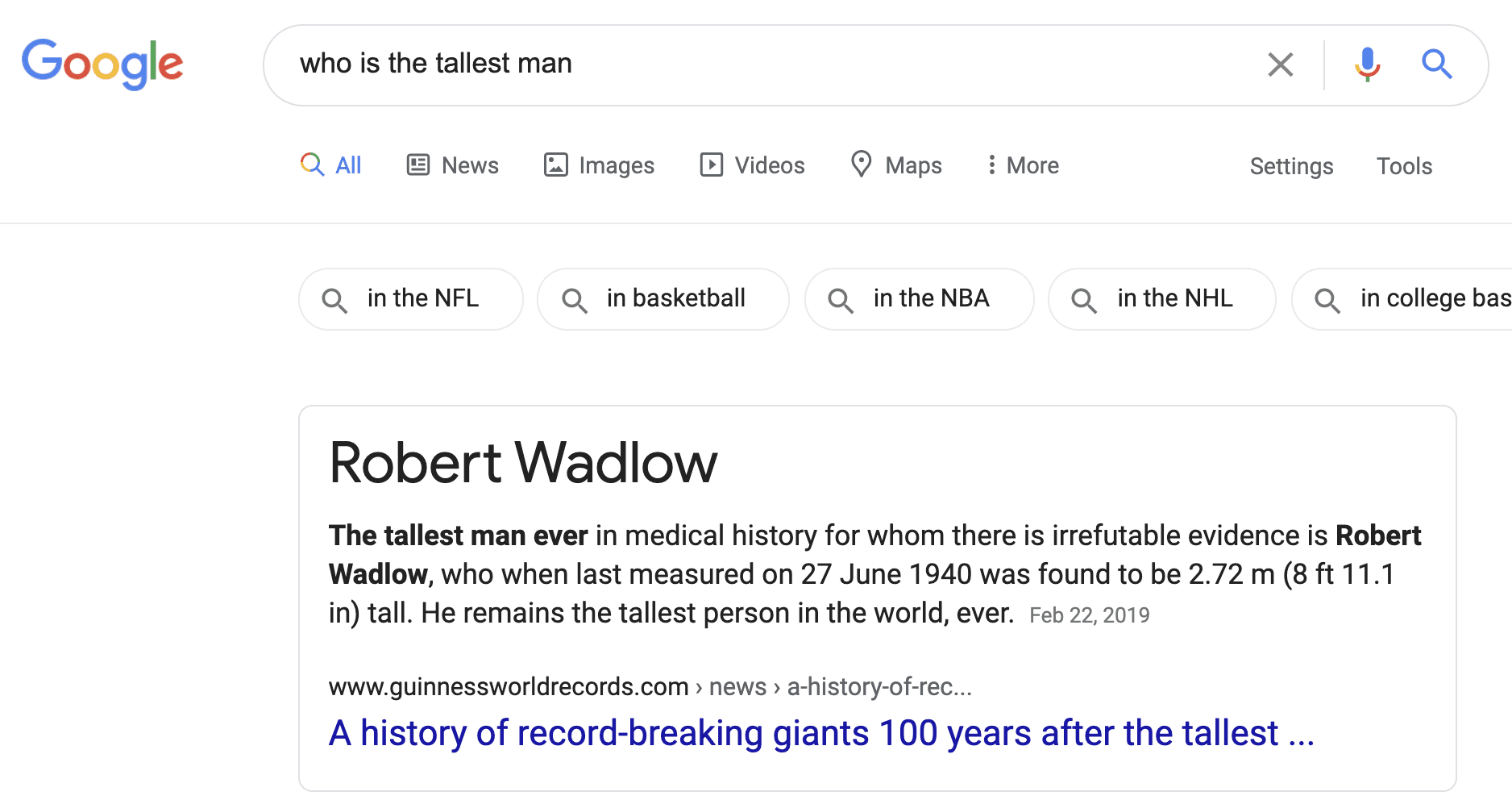

3. Net worth of Jeff Bezos
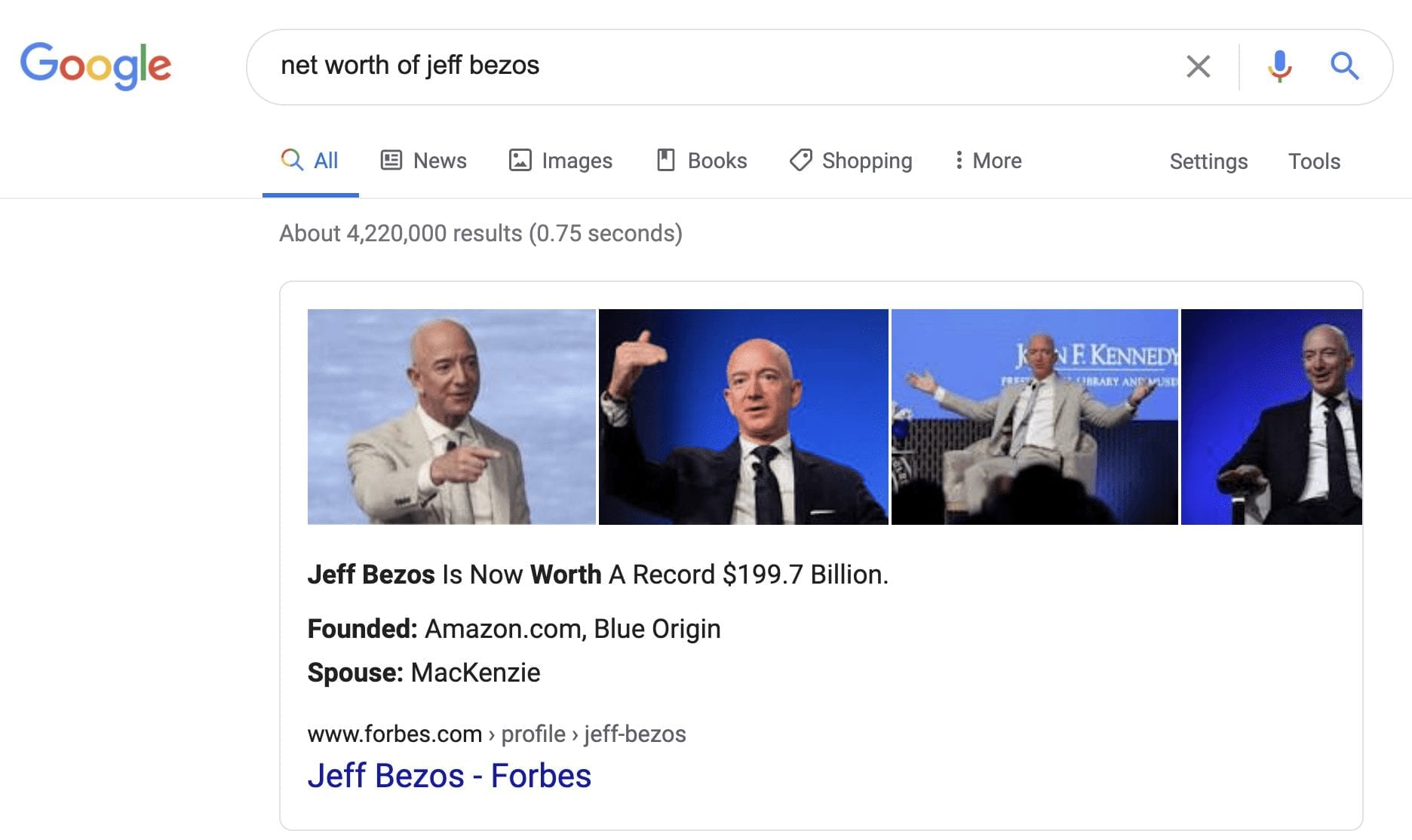

4. Where to vote
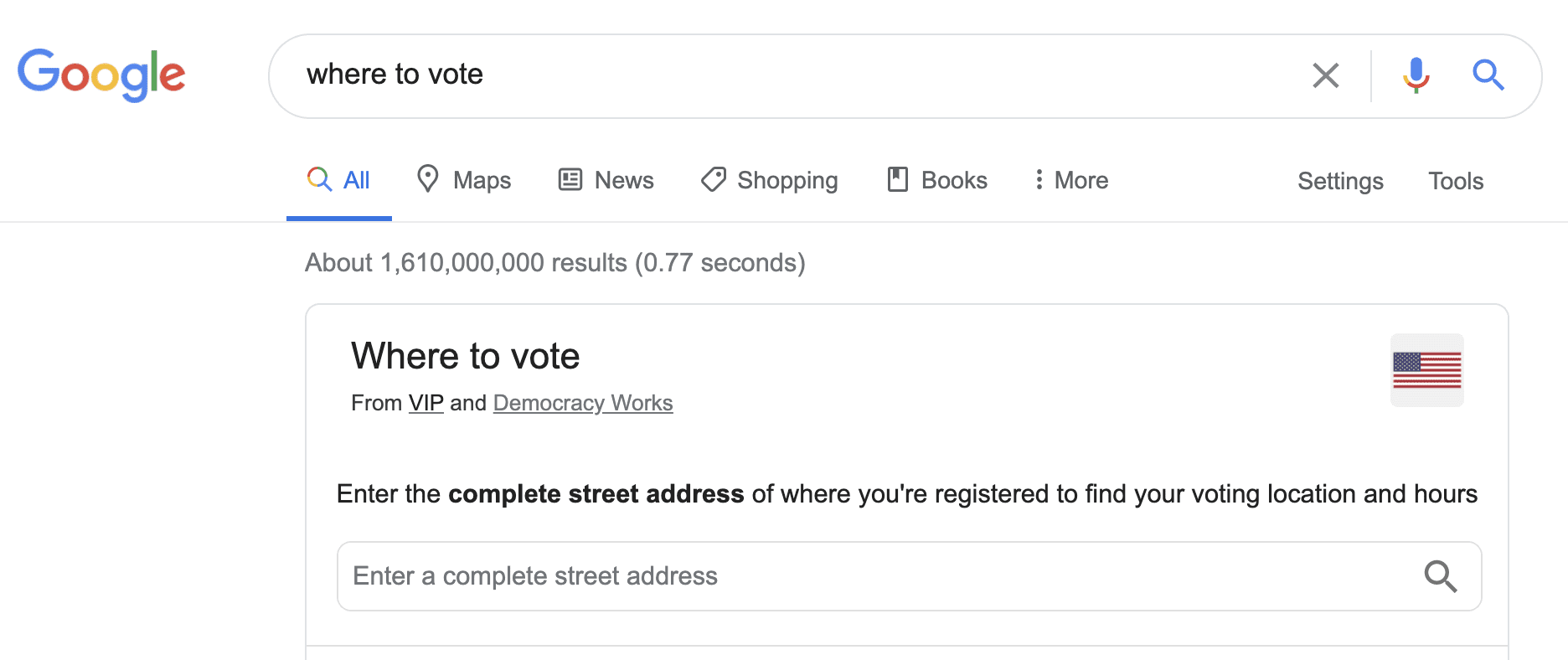

Google looses out every time you click away from Google. But what if they can keep you on Google.com. Now, I could spin this article off into many other topics, Bias in search results, Follow the money, How Google is taking over the World, etc. But due to keeping this article some what short in length, we will focus on how to use the right search engine. You can see from the examples above that Google is getting better at answering questions directly.
Now, I am not saying this is a bad thing, necessarily, but it does lead to more questions. If I search Google, and it gives me an answer, or in many cases, the answer, what additional questions should I be asking?
- Why am I using Google in the first place?
- Does Google hold the same values that I do?
- Do I trust Google? What bias may Google have?
- Does Google have my best interest in mind?
- Am I searching for answers or am I only validating my own conclusion?
But what If I am using the wrong search engine all together. Or what if I am not searching for answers at all.
“People tend to spend more time validating their decisions than making them”
~CMD
Maslow’s Hammer states that if all you have is a hammer, then everything looks like a nail. This deals directly with confirmation bias and we use this every time we search, whether we know it or not. If I want to build a patio in my back yard, I may search on Google for “how to build a patio DIY”. This may give me some results, and I may even find what I am looking for, but I also could go to the local wood shop or hardware store and ask someone there. Would I get the same answer? Would one be faster than the other? Now let’s take Google out of the equation. If I only had the ability to ask a person, where would I go? Probably the hardware store or local wood shop, maybe a neighbor. Would I be less or more confident in my answers the more of them I have.
“I suppose it is tempting, if the only tool you have is a hammer, to treat everything as if it were a nail.”
~Abraham Maslow
Let’s do one more example to drive this point home (pun intended). This time I am searching for the best power drill. I know of the brand Dewalt because I own other Dewalt tools, my brother uses Dewalt, but I heard a guy at work mention that Milwaukee drills were awesome and those were all he used. So I could go and compare drills on a Google search; I could go to the store and ask around. But at the end of the day, I really have already made up my mind and was always going to get a Dewalt drill. My brother who I trust with tools, my own experience, which I trust even more, and the Dewalt brand in general, was hard to compete with, so why did I still search for comparisons?
Am I looking for confirmation, or am I looking for discovery?
I have focused on Google because they are the most used search engine but this works the same with all search engines. Are we overwhelmed with so much information that we become lazy and rely on technology to do the work for us. If you want to get in shape, but you are not the one working out, you will never benefit from the results. This is just as true as it relates to search engines. If you don’t put in the work, you won’t like the results. I would go even further to say, that is you don’t put in the work and you do like the results, you either already knew the answer or you don’t care about the answer and only wanted to confirm your own thinking.
When we take this in consideration to designing and building content strategies, we have to be aware of the bias that exist in us and everyone else. This is not a bad thing, everyone has bias and their own way of thinking, but we have to be intentional about our expectations of the outcome. Here are a few questions I ask that help me deal with these challenges when searching for information:
- What is my goal? To search for information or to challenge my thought process?
- If contradictions are found, am I willing to consider or accept them?
- Regardless of my findings, will new information change my view?
- Does the information I am obtaining come from a trusted source or does it hold bias?
- Am I asking the right questions the right way?
Ask 100 people to research coffee online and most of them will have different questions they type into the search bar. What is the world’s best coffee? How is coffee grown? Where does the best coffee come from? Coffee vs. Tea? Is Starbucks Coffee? etc. Whether you know it or not, your questions have just as much bias as the answers they generate. Again, that is not a bad thing, but we can use this knowledge to acquire better answers.
Maybe we are using the wrong search engine, but maybe we are asking the wrong questions. Information and misinformation is all around us. My wife and I were walking at the mall one day and a man came up to us and asked us where a steak house was. I immediately said it was a few miles away. The man thanked me and went on his way. A few moments earlier, my wife said, ” I think that steak house is around the corner, not miles away”. And she was right. I had gotten the names mixed up and gave the man wrong information. If the man would have maybe asked, “is there a steak house close by”, I would have probably guided him in the right direction. The way the man asked the question, and the way I answered, was based on completely different data calculations from what our brains were processing. Bias had nothing to do with this interaction, but it shows how the principle is the same with just regular inputs and outputs of information our brains process.
We can find these types of encounters in everything we do and how we interact with information, people, and ourselves. We may be using the right search engine; maybe not; or may we are not be using it the right way. Either way, the challenge is not in finding the answers, it is in understanding how you got them.
